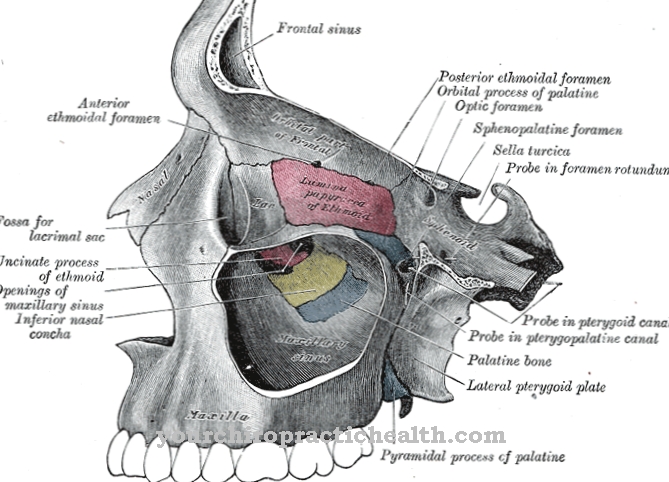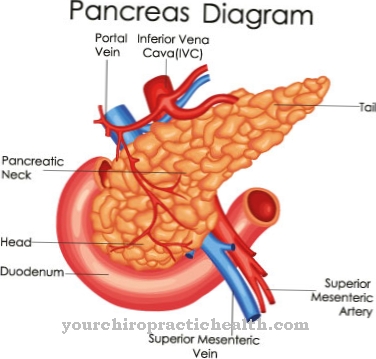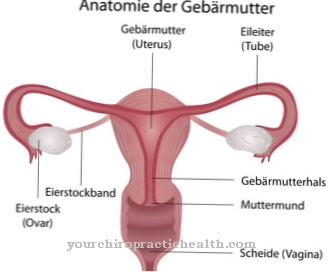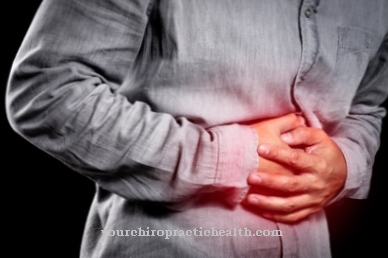Of the Cell metabolism is the basis of all vital and biochemical processes in the body that take place inside and outside a cell. Everything that the body absorbs has to be processed and converted, finally broken down, in order to gain energy from it and to renew and build up the various body components such as cell walls, nerve or muscle fibers and bones. The body receives energy and building blocks through food intake.
What is the cell metabolism?

The cell is the smallest building block in life. Various organisms occur in nature, including single cells, which consist of only one cell, and multicellular cells, which have different cells. Humans have more than two hundred different cell types. Research into these cells, including their structure and behavior, is called cytology.
Different biochemical processes take place in every cell, be it plant, animal or human. Materials are needed to generate energy or to ensure that it can be set up or dismantled smoothly. The cell in an organism therefore primarily serves to generate energy. This is where the entire metabolism takes place.
Only because of cell metabolism can the organs work, bones grow, and the entire body can keep itself alive. Breathing, osmosis and digestion as a whole are also based on cell metabolism.
Function & task
In the human body, the cell primarily needs oxygen, minerals and nutrients for metabolism, and then excretes degradation products, as well as water and carbon dioxide. The cell metabolism is the entire process of building up and breaking down the cell, the reaction and conversion of substances, as well as the exchange between the environment and the cell and the processes that are necessary to generate energy.
The body uses all the vitamins, nutrients, trace elements, proteins, fats and minerals supplied to it in order to gain energy and to store it as reserves that it can later fall back on.
Enzymes and hormones are necessary for every cell metabolism, as the entire process is controlled by the hormonal and nervous system. The processes of metabolism do not take place spontaneously, but are accelerated. This happens through enzymes. These catalyze chemical effects in the body and are therefore the figuratively spoken spark plugs, without which no metabolism can take place. They are protein molecules, whereby different organs also form and use different enzymes that have a certain effect on the organism, including helping to build protein in the skin and bones, to aid in digestion or to detoxify the body. Hormones are needed to regulate the activity of the enzymes.
Since environmental factors also play a role and influence the metabolism, including z. B the temperature, the most important organ for metabolism is the liver. The blood circulation is used to distribute the nutrients to the cells. In order to maintain bodily functions, the body needs energy through ingesting food. The energy content is measured in calories, and energy is obtained through oxidation of the food.
In addition, there is often talk of an anabolic and catabolic metabolism. Both are phases and reactions during the metabolic process. Anabolism means the structure of substances from simple building blocks, with catabolism the structure of metabolic products and their conversion from complex into simple substances in order to be able to obtain and provide energy from them. The nutrients stored in different areas are broken down into their components, broken down and consumed. This is how the body gains its energy.
The entire cell metabolism is divided into four different processes, which are named after the substances processed. Carbohydrate metabolism ensures that carbohydrates from food are converted into sugars during digestion. B. glucose, converted and broken down. These get through the bloodstream into the cells in which the process of cell metabolism takes place. Simple sugar is used to generate energy, is converted into new starch molecules in the muscles and liver and stored there.
There is also the amino acid and protein metabolism. In order to build up muscle cells, hormones or enzymes, it needs amino acids, which are produced during the digestion of protein and are transported into the respective cells via the bloodstream.
Fat, in turn, is used to generate energy for the cells and is an energy store. In this way, hormones and messenger substances are formed which the body preserves for "worse times". The fat metabolism is responsible for this. The mineral metabolism is just as important. It is used to build bones and for muscle work, for which the body minerals such as z. B. needs calcium and phosphorus.
Cell metabolism plays an important role in the weight of the body. To ensure that the body functions properly, people use different amounts of energy. A basal metabolic rate is used here, which represents the energy consumption in the idle state. This is genetic and varies from person to person. It cannot be stimulated either; the energy metabolism and consumption can be increased through exercise, for example.
Illnesses & ailments
If the cell metabolism is disturbed, cell metabolic diseases occur. That can u. a. enter due to lack of enzymes and lead to high blood pressure and obesity. Without enzymes, for example, the body cannot convert minerals and vitamins.
In general, there is a metabolic disorder when the nutrients cannot be used properly by the body, i.e. the substance does not get to where it is needed. Various diseases develop from this, including diabetes.


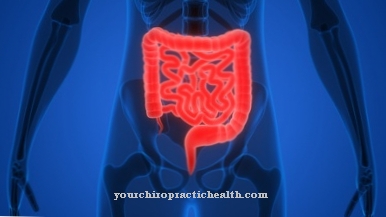

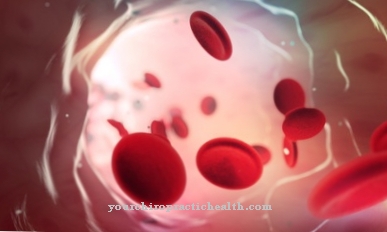
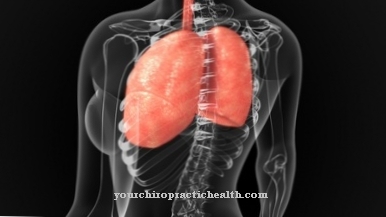
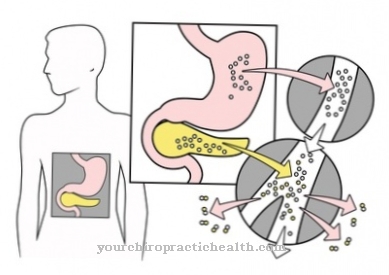

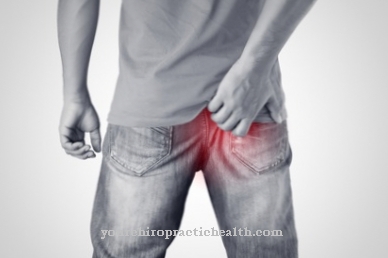


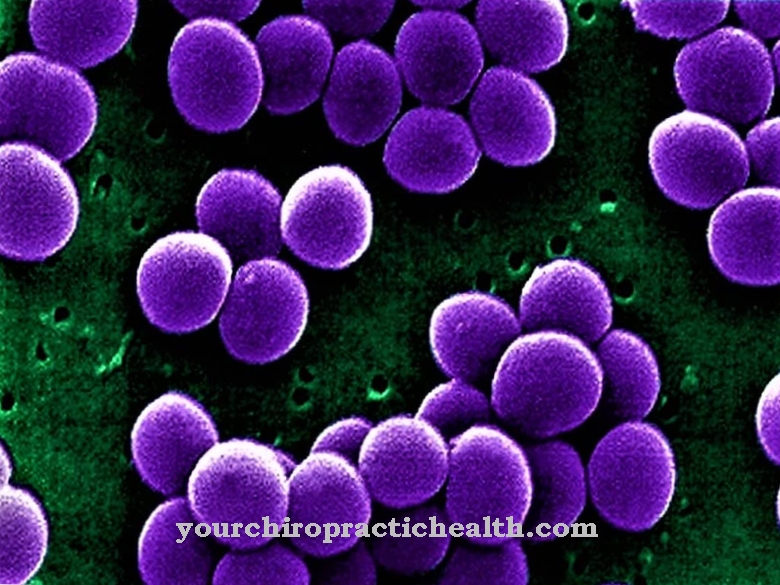

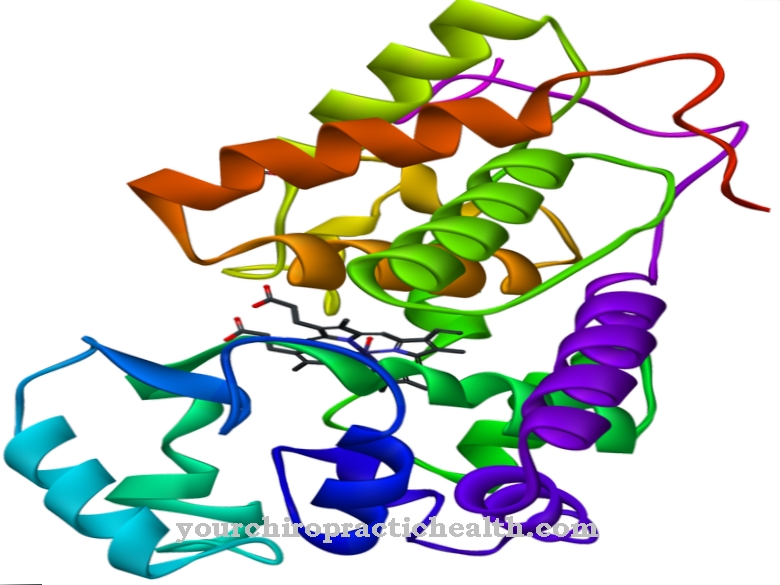
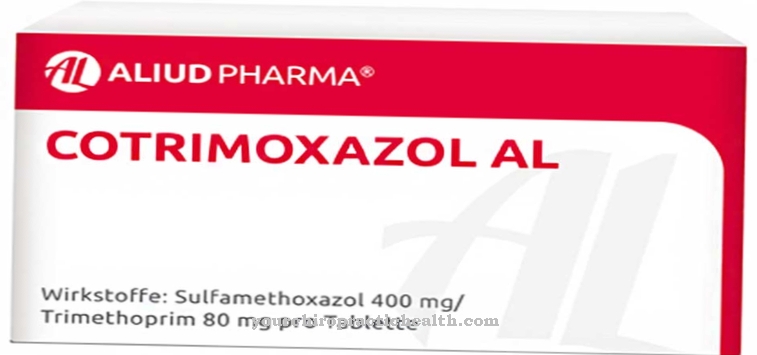
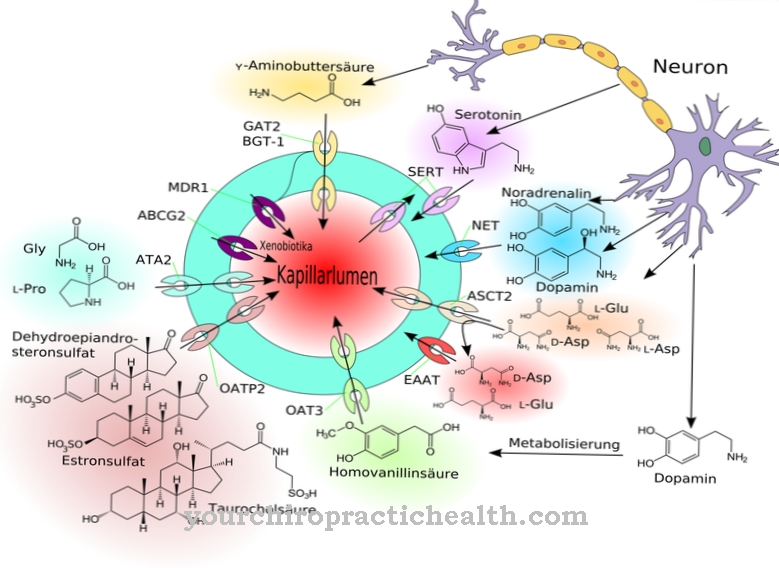
.jpg)
.jpg)

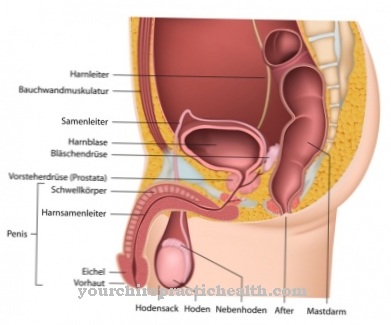

.jpg)
